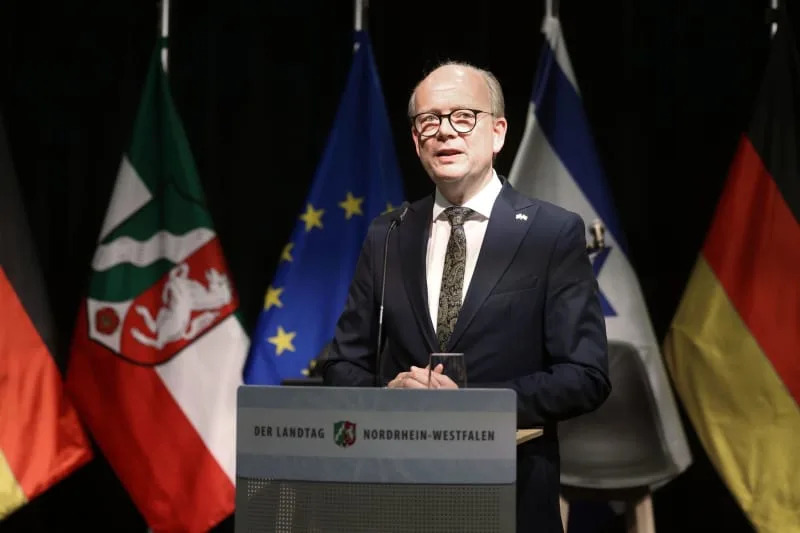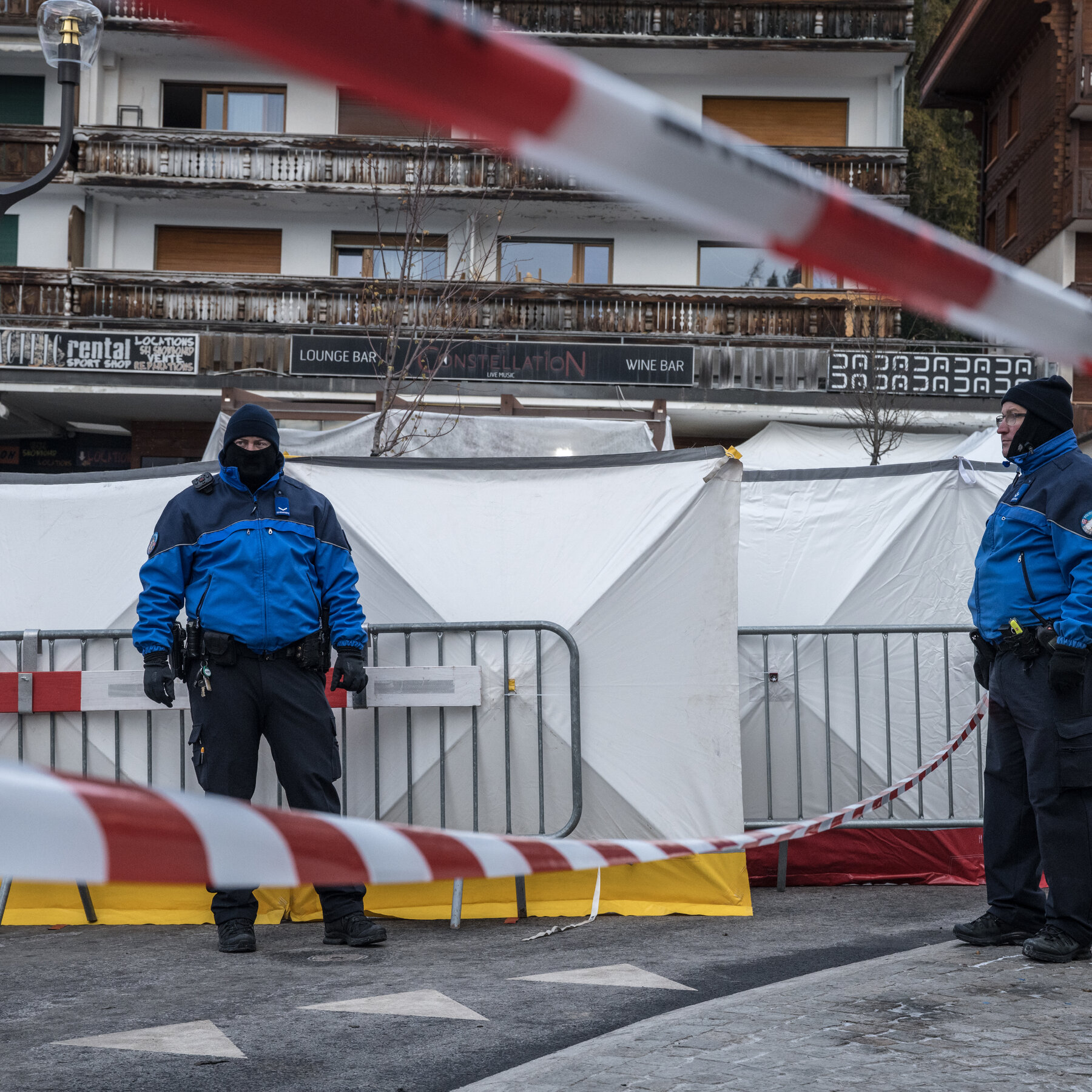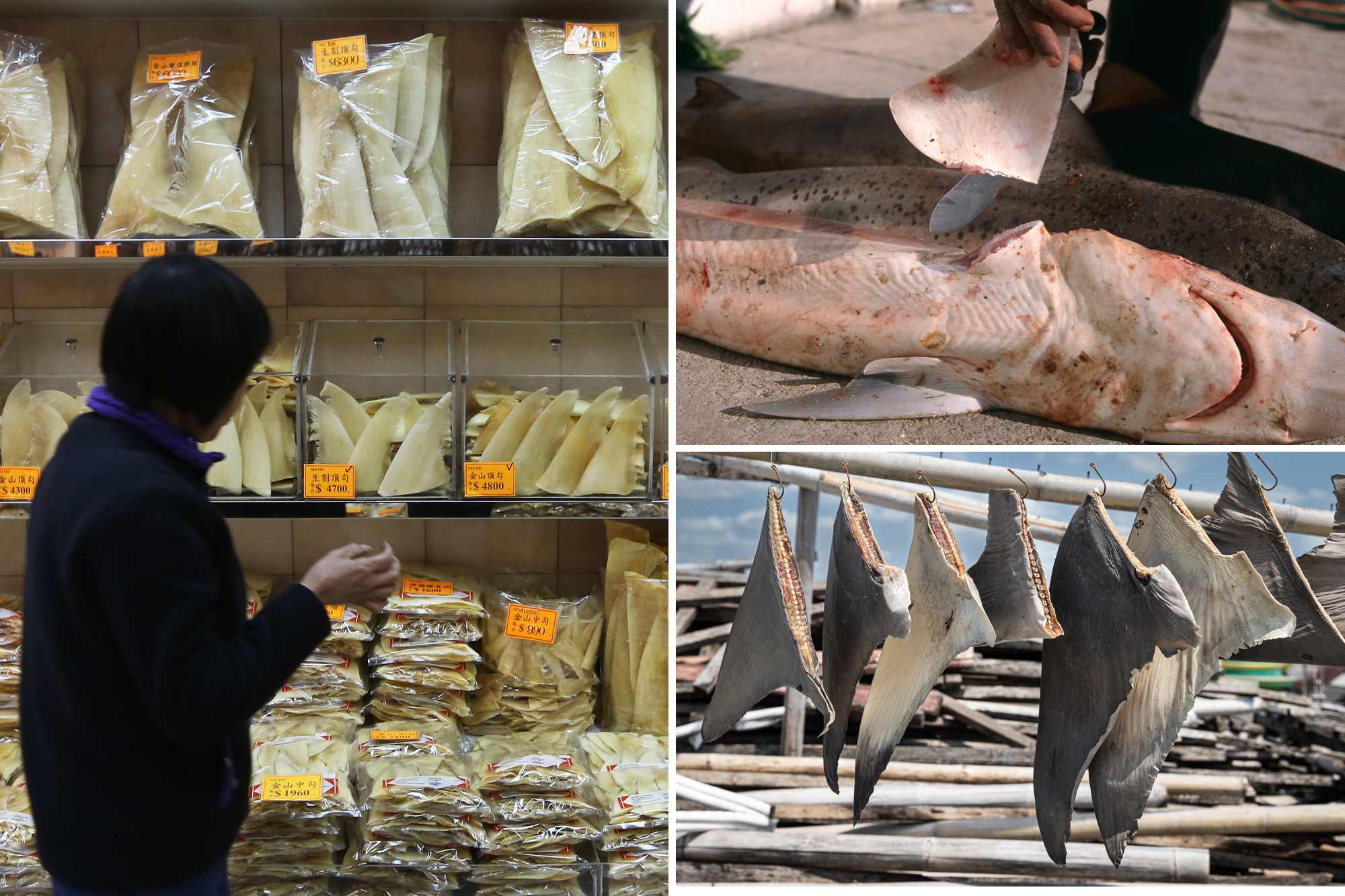The Lutheran bishop in Jerusalem, Dr Sani Ibrahim Azar, has made a serious allegation against Israel, accusing the nation of committing genocide in the Gaza Strip. This claim, voiced during a Reformation Day service at the Church of the Redeemer in the Old City of Jerusalem, has provoked significant backlash from various quarters.
During his sermon on October 31, 2023, Azar questioned the meaning of Reformation in a world ravaged by violence, stating, “What does Reformation look like after two years of genocide? What does Reformation mean when we look at a world, a country, that is so broken?” His remarks come in the context of ongoing tensions following the recent conflict that escalated after the deadly attacks by Hamas on October 7, 2023, which resulted in the deaths of approximately 1,200 people in Israel and the abduction of over 250 individuals.
The German delegation from the North Rhine-Westphalian state parliament, which attended the service, expressed profound disapproval of Azar’s comments. In a statement issued from their capital, Düsseldorf, the delegation emphasized their distance from the bishop’s one-sided rhetoric. André Kuper, president of the North Rhine-Westphalia State Parliament, stated, “For me personally and for us as Germans, such language is unacceptable and intolerable.”
The term “genocide” is defined by the United Nations as the deliberate persecution of a population group aimed at destroying that group in whole or in part. In light of the ongoing conflict, South Africa has initiated a genocide case against Israel at the International Court of Justice (ICJ) in The Hague, although the timeline for a verdict remains uncertain.
Israel has categorically denied these allegations, a stance that is echoed by the German government. The situation in Gaza has escalated significantly, with reports from the Hamas-controlled health authority indicating that over 68,500 people have died as a result of the conflict since the attacks in October. A fragile ceasefire was established only three weeks prior, highlighting the volatility of the region.
Reformation Day, an important observance for Protestants, marks the anniversary of Martin Luther nailing his 95 Theses to the door of the All Saints’ Church in Wittenberg, a pivotal moment that initiated the Protestant Reformation. The juxtaposition of this historic occasion with contemporary events serves to underscore the complexities of the current geopolitical landscape.
As the international community grapples with the implications of the ongoing conflict, the discourse surrounding accusations of genocide continues to evoke strong reactions and calls for accountability.







